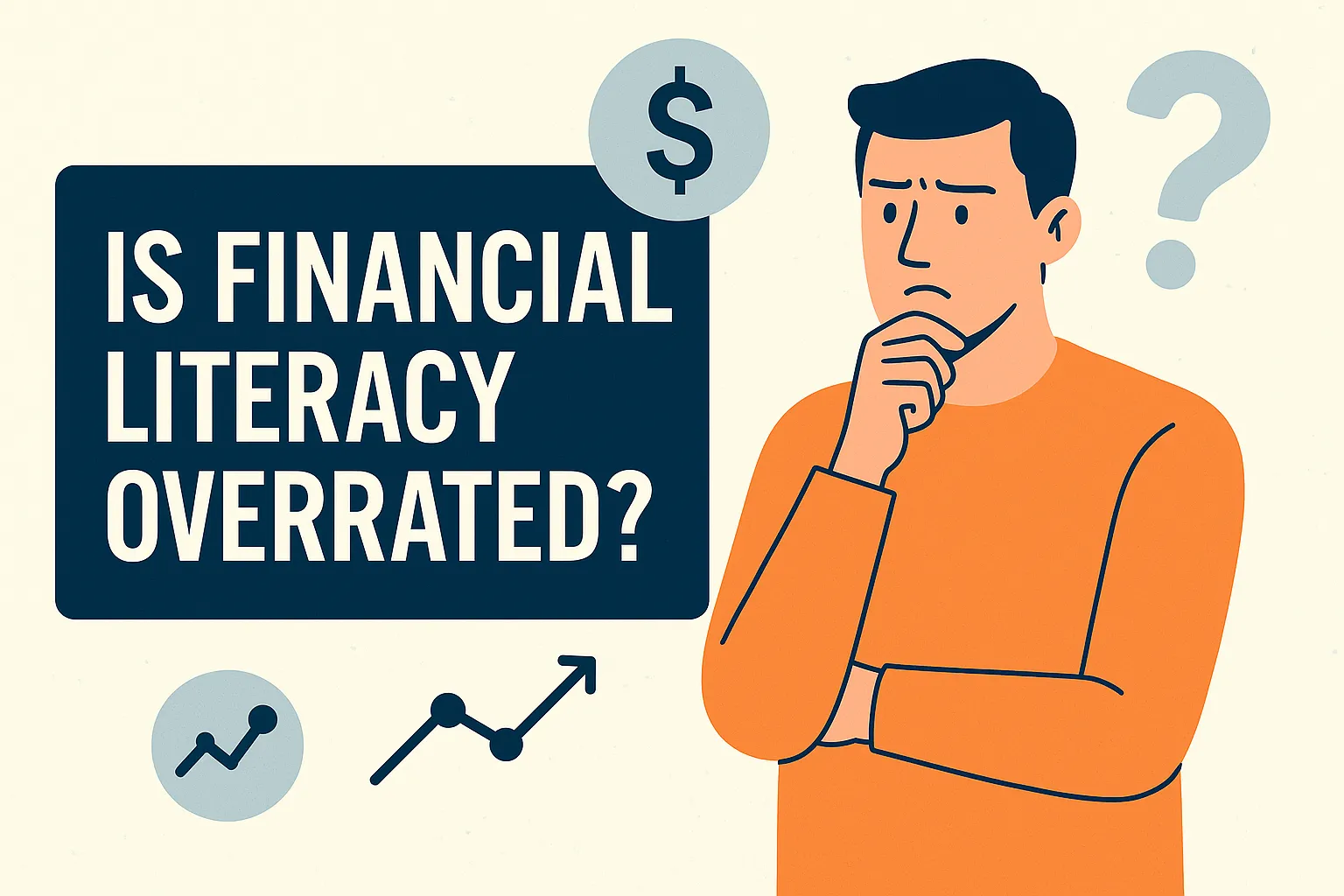Why Bear Markets Are the Best Thing That Can Happen to You

When the market drops 20% or more, panic usually sets in. The headlines scream "market collapse," portfolios shrink, and many investors feel like years of progress just vanished overnight. But here’s the twist: bear markets don’t just destroy wealth—they also create the conditions to build it.
It might sound counterintuitive, but for long-term investors, bear markets are often the best entry points you’ll ever get. In this article, we’ll explain why that is, how to shift your mindset, and what practical steps you can take to benefit from downturns.
Key Takeaways
- Bear markets are temporary, but can offer major long-term gains.
- Many of the best investing opportunities happen during or just after downturns.
- Staying invested (or adding during declines) historically leads to better returns.
- Emotional discipline is the hardest—but perhaps most valuable—investment skill.
What Is a Bear Market?
A bear market is typically defined as a decline of 20% or more from recent highs in a major market index, like the S&P 500. These periods are often driven by economic slowdowns, rising interest rates, geopolitical risks, or even collective investor panic.
But here’s what matters:
Since 1928, the average U.S. bear market has lasted about 12 months. And the average bull market that follows has lasted nearly five times longer.
The Myth: Bear Markets Destroy Wealth
Yes, your portfolio balance may go down (a lot) during a bear market. But that’s not destruction—it’s fluctuation. Wealth isn’t destroyed unless you sell at the bottom.
History shows that investors who panic and pull out of the market tend to lock in losses and often miss the recovery.
Hypothetical Example: If you sold your investments in March 2009 at the bottom of the financial crisis, you missed out on a 400%+ gain over the next decade.
Why Bear Markets Can Actually Build Wealth
1. Lower Prices = Better Future Returns
- Buying great companies when they’re 20–50% off their highs gives your capital more upside potential. You’re essentially buying on sale.
2. More Opportunities for Strategic Rebalancing
- Bear markets create portfolio imbalances. Rebalancing during downturns often means selling high-performing assets (e.g. bonds) and buying stocks at a discount.
3. Tax-Loss Harvesting Opportunities
- If you hold assets in taxable accounts, bear markets can allow you to sell positions at a loss to offset future capital gains—legally reducing your tax bill.
4. Compounding Starts at a Lower Base
- If you’re regularly investing (e.g., through a 401(k)), bear markets allow you to accumulate more shares with each contribution. When the market recovers, you benefit more from compounding.
What You Should Do During a Bear Market
Stay Calm and Stick to Your Plan
- Panicking rarely works. If your goals and risk tolerance haven’t changed, your investment plan shouldn’t either.
Keep Investing if You Can
- Regular contributions during a downturn help lower your average cost per share—boosting long-term gains.
Rebalance Thoughtfully
- Bear markets are a chance to tilt slightly toward risk (if you have the time horizon) by shifting from bonds or cash into equities.
Don’t Try to Time the Bottom
- Nobody can predict the bottom. Waiting for "certainty" often means missing the best rebound days—which historically come early and fast.
How optimized is your portfolio?
PortfolioPilot is used by over 40,000 individuals in the US & Canada to analyze their portfolios of over $30 billion1. Discover your portfolio score now:






